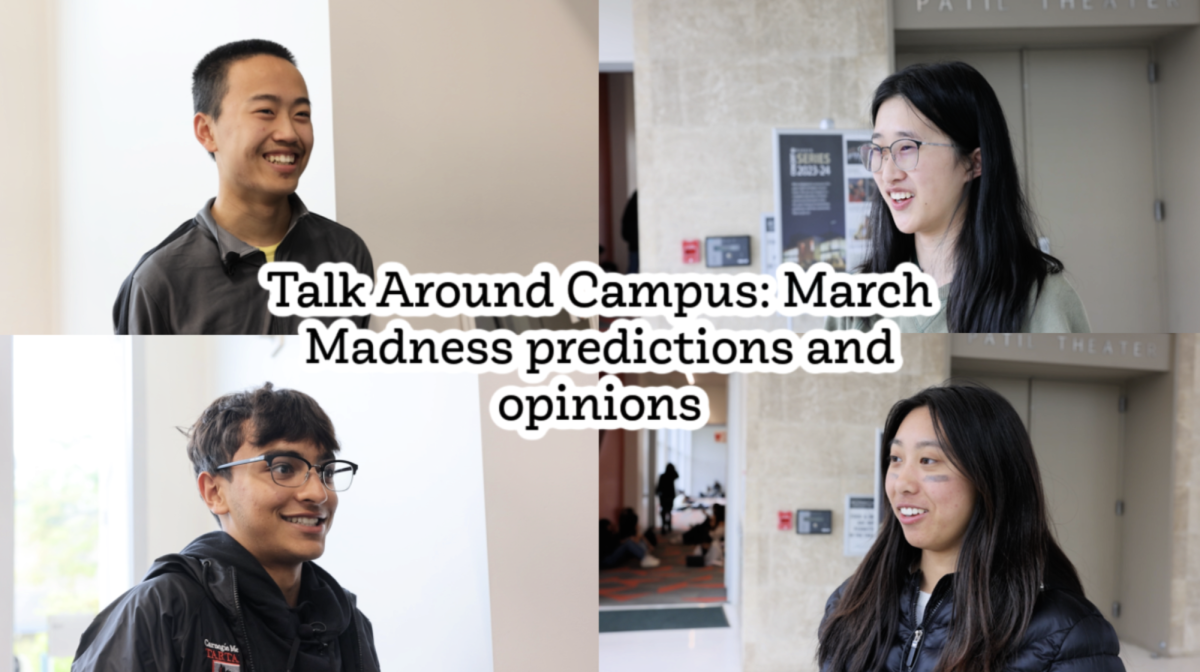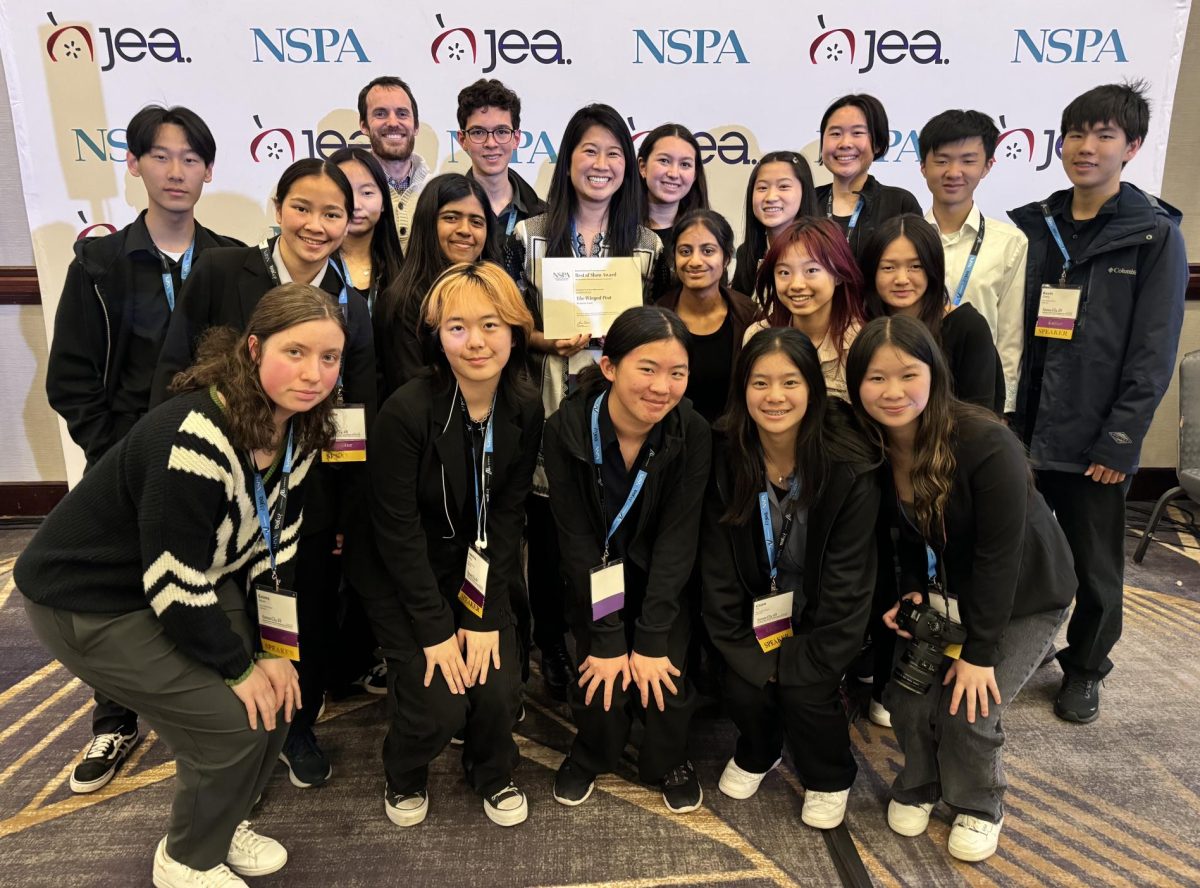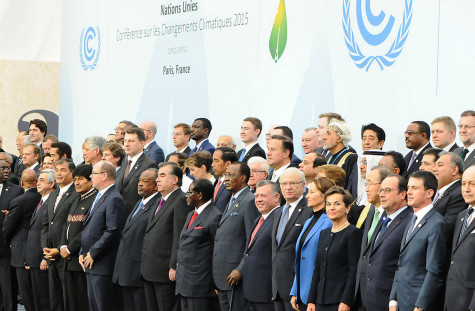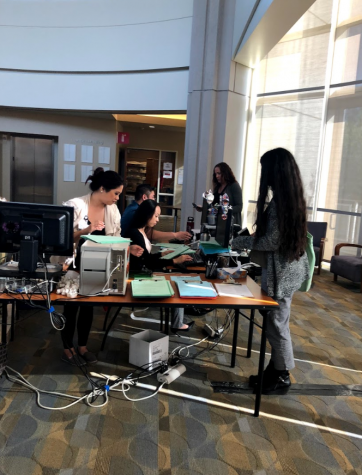Keep up the progress
Sustaining innovation post-breakthrough
Some opportunities for citizen science include Agent Exoplanet, Project BudBurst, Mark2Cure, Christmas Bird Count, the Citizen Weather Observer Program and Cyanotracker.
Scientists work hard to come up with breakthrough after breakthrough. Hydrogen fuel cells are a promising step into the future, but like any other solution proposed, they aren’t the be-all and end-all of solutions to sustainability.
Hydrogen fuel, though relatively straightforward to use and consume, is difficult to store. Due to its highly reactive nature, hydrogen gas needs to be stored in cool, insulated units to avoid risks of explosion, making it difficult to store in large amounts. To increase its efficiency in powering vehicles, hydrogen gas must be liquefied.
Taking a step back from the science, hydrogen is also not yet widely available, making hydrogen-powered vehicles a difficult choice to maintain. The vehicle itself, due to its relatively new technology and thus higher cost, is only an option for more privileged consumers, following the trend of more eco-friendly products being limited to the higher-income demographic.
The truth is that fighting climate change is a constant, ongoing process, not a stop-and-go ordeal.
Though the latter two problems will likely solve themselves as hydrogen fuel cells become more widespread, it’s clear that this technology is not a panacea. Promising new solutions always come with hype, and the positives might be blown out of proportion compared to the negative aspects.
In the wake of a new discovery, the public, content with the success, can forget to pay attention to and continue giving feedback to developing breakthroughs. Issues like climate change are not the responsibility of one specific group of people, and yet these short-term successes can still fuel a thought process that encourages slacking off — because someone else has made this step in combating climate change, you no longer need to dedicate as many of your own resources to fight climate change.
It’s tempting to breathe a sigh of relief and see the breakthrough as having done “enough for today,” but the truth is that fighting climate change is a constant, ongoing process, not a stop-and-go ordeal. For that one large step forward, the amount of people who begin to let their guard down can completely undermine the positive progress.
It may seem like our voices, those of ordinary citizens and students, cannot contribute to professional scientific process. But whether it’s participating in citizen science projects or surveys, spreading awareness and new ideas or simply backing organizations who you feel are moving in the right direction, there are surprisingly many channels for contribution.
So, in the face of new technology and the challenges that come with it, we must keep fighting against widespread issues like climate change. Even if our impact is not immediately clear, every single action counts toward our common goal of staying alive.
This piece was originally published in the pages of The Winged Post on December 6, 2018.

Jin Tuan (12), co-design editor of the Winged Post, is a brown paper bag going through senior year. You're not quite sure what's in it, but whatever...































![Setter Emma Lee (9) sets the ball to the middle during the match against Pinewood on Sept. 12. “[I’m looking forward to] getting more skilled, learning more about my position and also becoming better friends with all of my teammates, Emma said.](https://harkeraquila.com/wp-content/uploads/2023/09/DSC_4917-2-1200x795.jpg)













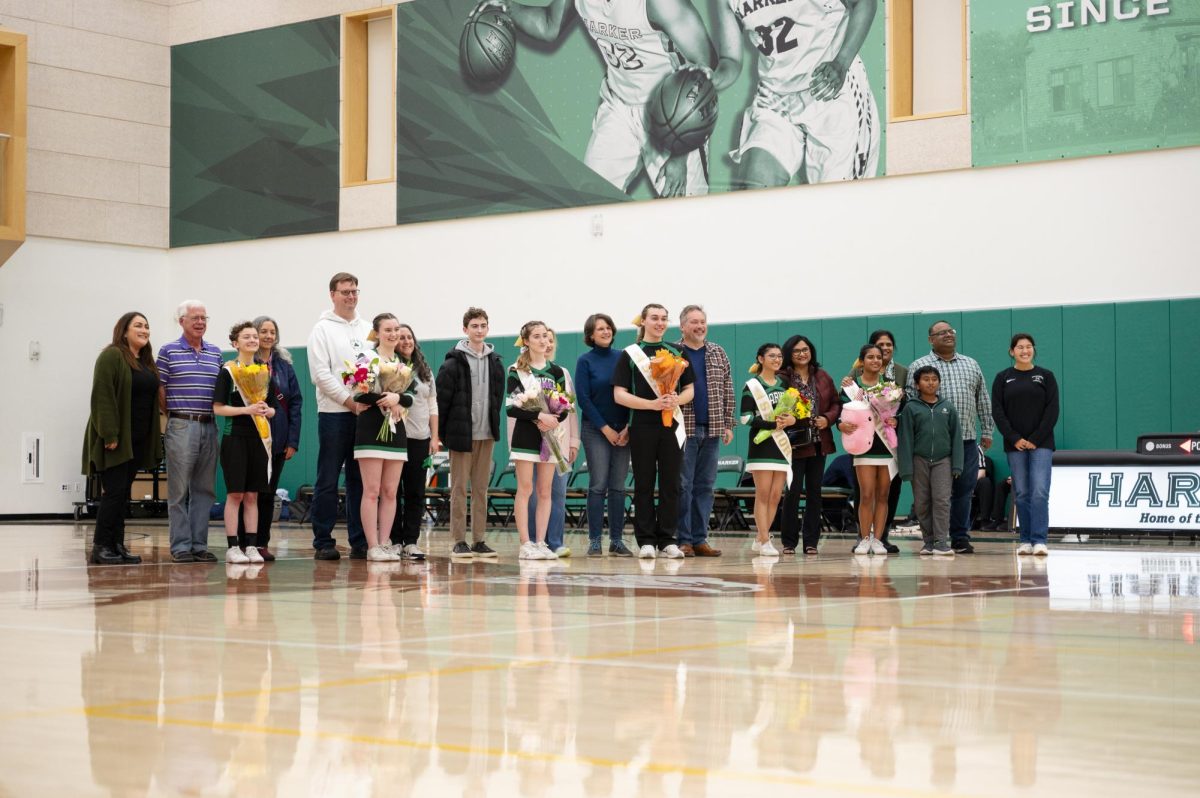



















































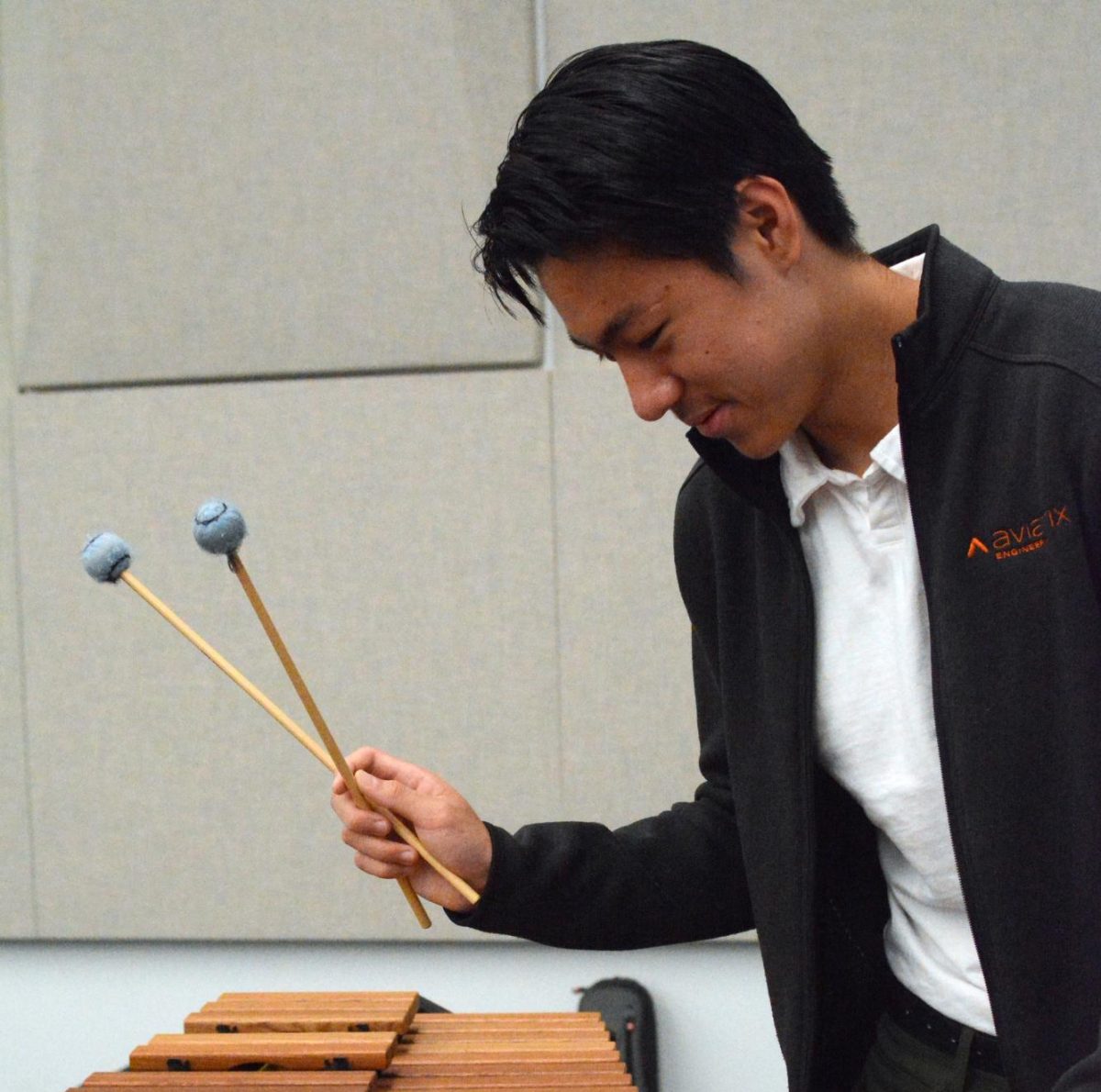
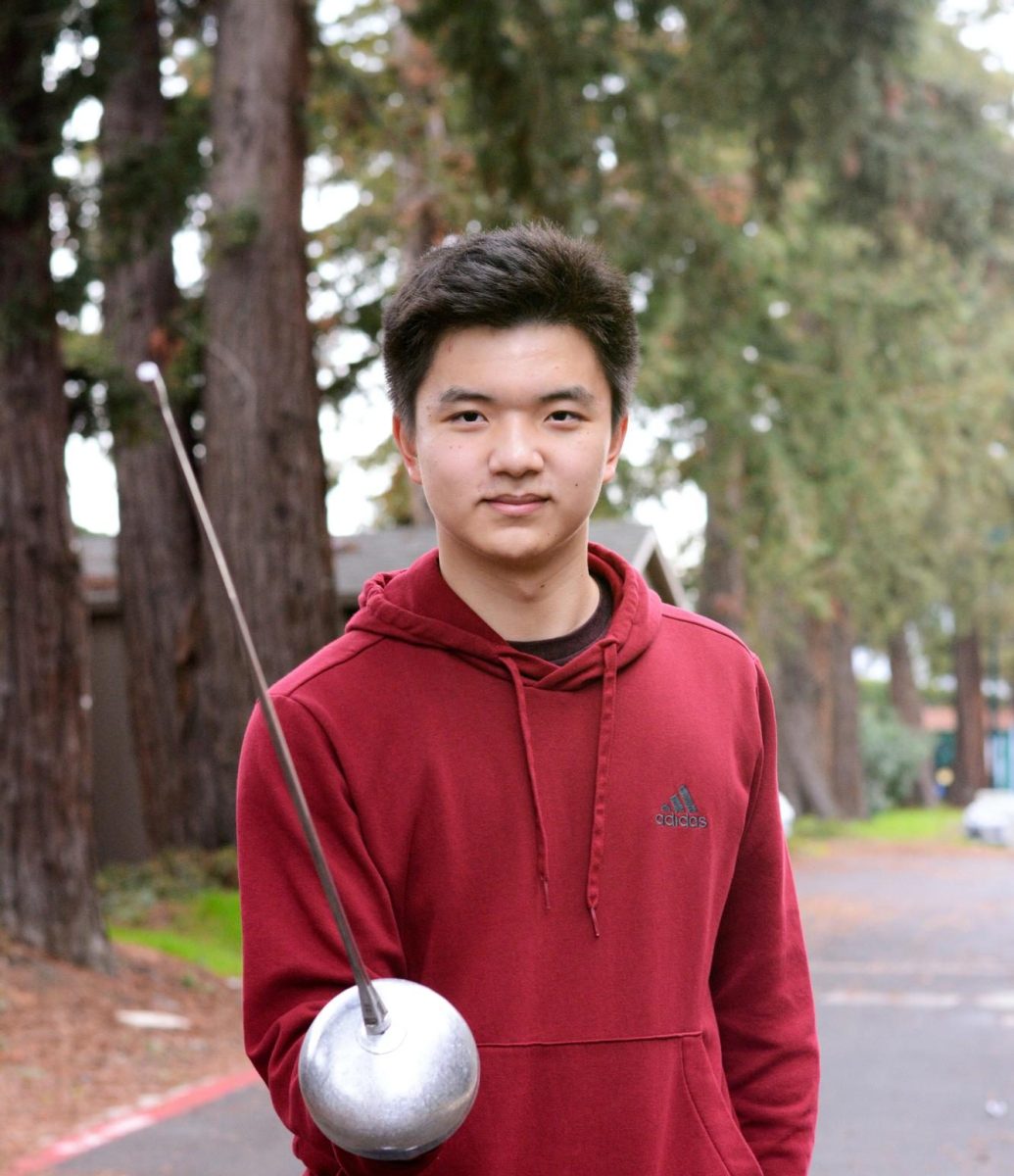











![“[Building nerf blasters] became this outlet of creativity for me that hasnt been matched by anything else. The process [of] making a build complete to your desire is such a painstakingly difficult process, but Ive had to learn from [the skills needed from] soldering to proper painting. Theres so many different options for everything, if you think about it, it exists. The best part is [that] if it doesnt exist, you can build it yourself, Ishaan Parate said.](https://harkeraquila.com/wp-content/uploads/2022/08/DSC_8149-900x604.jpg)


![“Animation just clicked in a way. I had been interested in art, but that felt different. [Animation] felt like it had something behind it, whereas previous things felt surface level. I wasnt making that crazy of things, but just the process of doing it was much more enjoyable, Carter Chadwick (22) said.](https://harkeraquila.com/wp-content/uploads/2022/08/Screen-Shot-2022-08-16-at-9.44.08-AM-900x598.png)


![“When I came into high school, I was ready to be a follower. But DECA was a game changer for me. It helped me overcome my fear of public speaking, and its played such a major role in who Ive become today. To be able to successfully lead a chapter of 150 students, an officer team and be one of the upperclassmen I once really admired is something Im [really] proud of,” Anvitha Tummala (21) said.](https://harkeraquila.com/wp-content/uploads/2021/07/Screen-Shot-2021-07-25-at-9.50.05-AM-900x594.png)



![“[Volleyball has] taught me how to fall correctly, and another thing it taught is that you don’t have to be the best at something to be good at it. If you just hit the ball in a smart way, then it still scores points and you’re good at it. You could be a background player and still make a much bigger impact on the team than you would think,” Anya Gert (’20) said.](https://harkeraquila.com/wp-content/uploads/2020/06/AnnaGert_JinTuan_HoHPhotoEdited-600x900.jpeg)

![“Im not nearly there yet, but [my confidence has] definitely been getting better since I was pretty shy and timid coming into Harker my freshman year. I know that theres a lot of people that are really confident in what they do, and I really admire them. Everyones so driven and that has really pushed me to kind of try to find my own place in high school and be more confident,” Alyssa Huang (’20) said.](https://harkeraquila.com/wp-content/uploads/2020/06/AlyssaHuang_EmilyChen_HoHPhoto-900x749.jpeg)













![“My slogan is ‘slow feet, don’t eat, and I’m hungry.’ You need to run fast to get where you are–you arent going to get those championships if you arent fast,” Angel Cervantes (12) said. “I want to do well in school on my tests and in track and win championships for my team. I live by that, [and] I can do that anywhere: in the classroom or on the field.”](https://harkeraquila.com/wp-content/uploads/2018/06/DSC5146-900x601.jpg)

![“I think getting up in the morning and having a sense of purpose [is exciting]. I think without a certain amount of drive, life is kind of obsolete and mundane, and I think having that every single day is what makes each day unique and kind of makes life exciting,” Neymika Jain (12) said.](https://harkeraquila.com/wp-content/uploads/2017/06/Screen-Shot-2017-06-03-at-4.54.16-PM.png)







